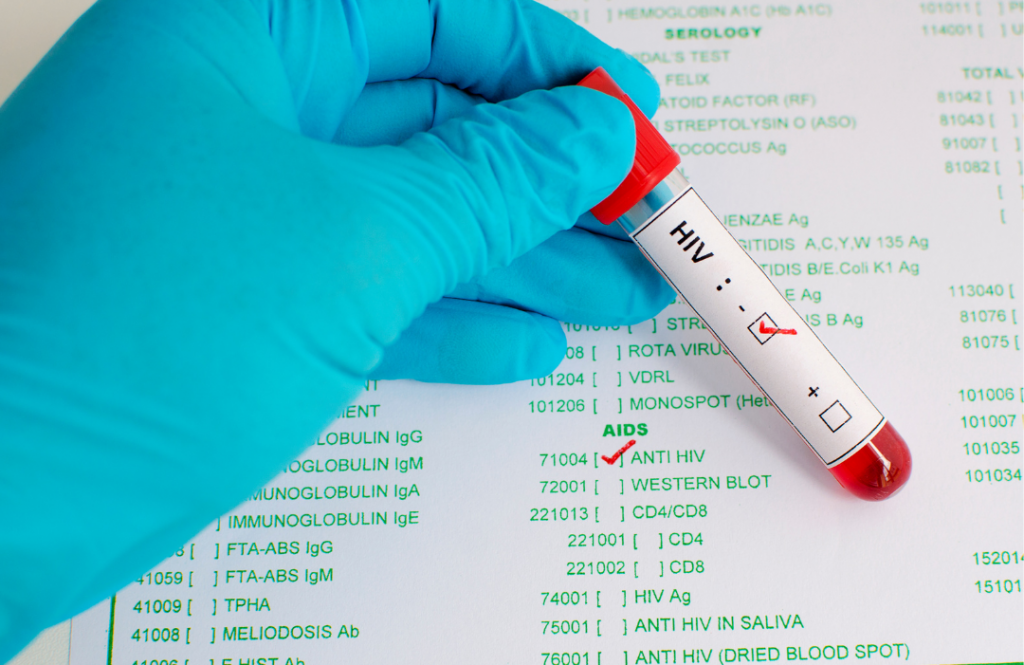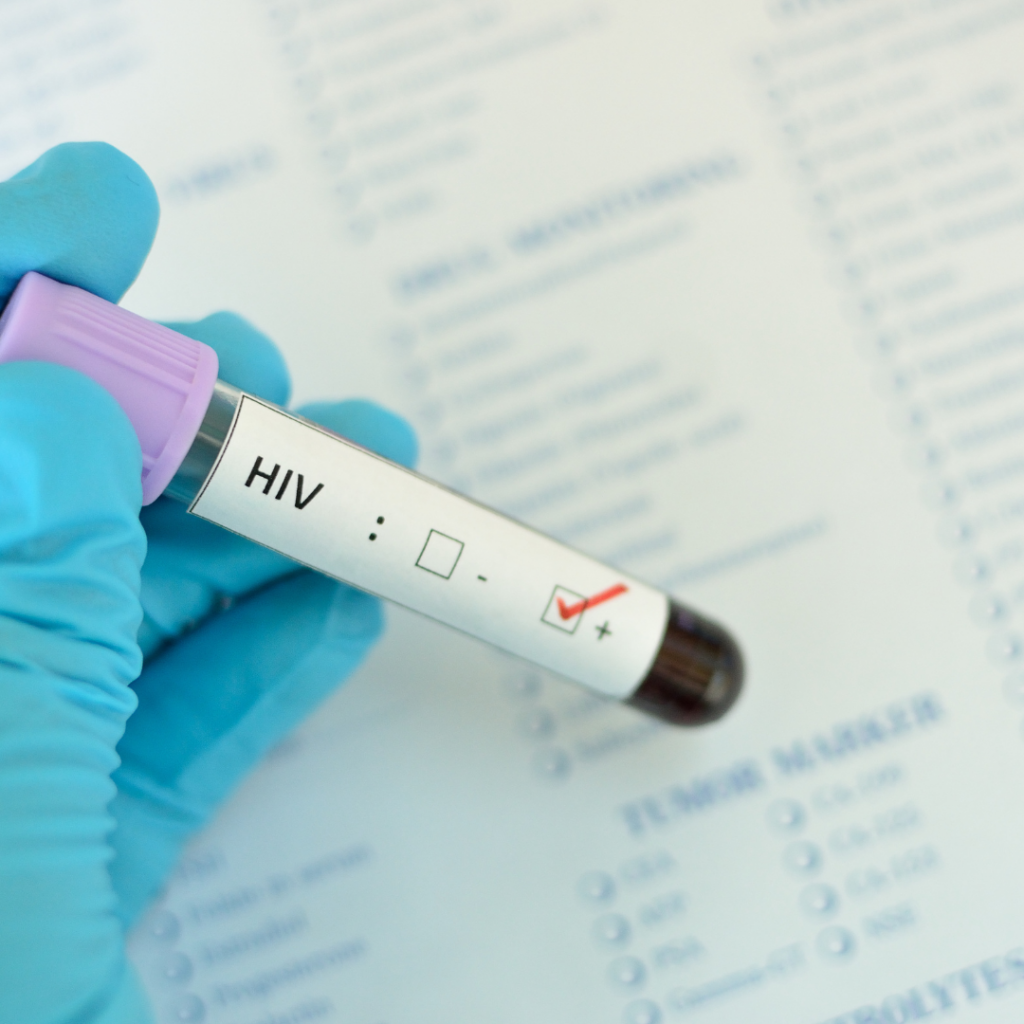The Human Immunodeficiency Virus (HIV) infects and destroys the body’s immune system, removing the body’s ability to protect itself from infections and cancer. At its most advanced stage, HIV infection results in Acquired Immunodeficiency Syndrome (AIDS). Someone with AIDS has a severely damaged immune system and is at risk for many infections and types of cancer.
Without treatment, HIV infection ultimately leads to death. HIV is most commonly spread through sexual contact without the use of a condom, from infected mothers to their children during pregnancy or breastfeeding, and through sharing infected needles or syringes.
About 33,3 million people worldwide are infected with HIV and many are not aware that they are carrying the virus. HIV does not discriminate and does not just affect one sector of the population. It infects all ages and all races. It affects heterosexuals, gays and lesbians. All people can be infected, no matter if they are rich or poor. About 5,5 million South Africans are infected with HIV. In the population as a whole, approximately one in every ten is infected. But among South Africans aged 15 to 49, approximately one in every six is infected¹.
With so many South Africans infected with HIV, it is recommended that everyone be tested for HIV regularly. HIV is often spread by people who don’t know that they are infected. If you are sexually active, HIV testing should become part of your routine. Effective treatment is available for HIV infection. Diagnosing infection early helps to reduce transmission and allows you to access treatment before the immune system is significantly damaged. Waiting until you feel sick before you get tested often results in permanent damage to your immune system. Testing negative helps to reduce anxiety and motivates you to protect yourself from infection. Even if you don’t think you are at risk for contracting HIV, you should still get tested. The more people who test, the greater the chance of controlling the disease and removing the stigma associated with HIV.
All tests for HIV have a “window period” – the time from when someone becomes infected to when the test becomes positive or reactive. The recommended screening test, the HIV-1/2 fourth generation ELISA, has a window period of about 18 to 21 days². All positive ELISA test results are confirmed by the laboratory with a second, different ELISA test³. Testing within three weeks of an exposure may miss an infection and if an early test is negative, repeat testing is recommended. It is also important to note that the window period is an estimate and may vary slightly from person to person. If antiretroviral prophylaxis (prevention) is taken, an HIV test should be done six weeks after the exposure as, in the unlikely event that you do still become infected, the antiretrovirals may lengthen the window period 4.
If your test result is negative and there is a possibility of you having been exposed to HIV in the past six weeks we suggest you come for another test in three to four weeks’ time. If you have not been exposed to HIV in the past six weeks you can accept the result with confidence.


With the treatment available today, being HIV positive is not a death sentence. Learning to accept that you are positive is an important step, along with disclosing your status to your family or those close to you. HIV infection has many serious implications, including the need for lifelong medical care. For this reason every diagnosis of HIV should be confirmed with repeat testing on a second blood sample. Once the diagnosis is confirmed, a baseline HIV viral load and CD4+ count should be done to determine the level of viral activity and the amount of damage already done to the immune system. It is essential to visit a doctor with experience in HIV care who can assess your health and assist you with treatment. The names of registered HIV clinicians and government facilities are available.
Antiretroviral Therapy (ART) is used to treat HIV. A combination of three antiretroviral drugs is needed for effective treatment. ART is the only treatment that has been scientifically proven to treat HIV and prevent the development of AIDS. All medication may have side effects, but most are mild and lessen with time. Your doctor will choose an ART combination that is most suitable for you. With good medical care, someone with HIV infection can be expected to live a normal lifespan.
Before you are tested for HIV at a Lancet Laboratory or depot, you will be given a form to read that explains more about HIV and the benefits of being tested. You need to sign the consent form before you can be tested. The testing is confidential and private. You will give your information to the person who is taking your blood so that they can give you your result the next day. You will be asked for some form of identification (ID, driving licence or passport) when the blood is drawn and when you collect the results so we can ensure the correct result is given to the correct person. It’s a good idea to be tested with a friend or with someone you care about.
Your blood will be taken by a trained Lancet sister. The blood will be sent for an HIV ELISA, not a rapid HIV test. The ELISA is preferred to the rapid test as it has a shorter window period and is a more accurate test.
We do not give HIV test results over the phone so you will need to return to the same Lancet depot the next day to receive your result. Please bring your ID with you to verify your identity. Your information and result will not be shared with anyone else. Basic post-test counselling will be provided, but if you would like to see an experienced counsellor, we can set up an appointment for you.
Richmond, Johannesburg,
2092